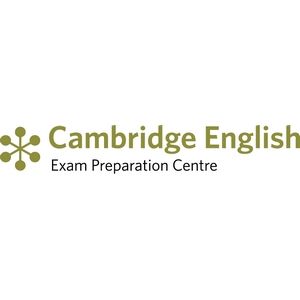
CAE
CAE Info and Recognition
Info and Recognition
Examinations at Level C1 may be used as proof of the level of language necessary to work at a managerial or professional level or follow a course of academic study at university level. CAE is recognised by the majority of British universities for English language entrance requirements. These are listed in a leaflet ‘Recognition in Britain’ available from UCLES. More information about recognition is also available from British Council Offices.
Topics and skills
At this level, learners are expected to be able to use the structures of the language with ease and fluency. They are aware of the relationship between the language and the culture it exists in, and of the significance of register. This means that to some extent they are able to adapt their language use to a variety of social situations, and express opinions and take part in discussions and arguments in a culturally appropriate way. Learners at this level can develop their own interests in reading both factual and fictional texts. They can also produce a variety of types of texts and utterances, such as letters of varying degrees of formality. They can use language in a creative and flexible way, with the ability to respond appropriately to unforeseen as well as predictable situations, producing, if required, extended and complex utterances.
Can Do
Listening and Speaking
CAN contribute effectively to meetings and seminars within own area of work or keep up a casual conversation with a and good degree of fluency, coping with abstract expressions.
- pick up nuances of meaning/opinion.
- keep up conversations of a casual nature for an extended period of time and discuss abstract/cultural topics with a good degree of fluency and range of expression.
- follow discussion and argument with only occasional need for clarification, employing good compensation strategies to overcome inadequacies.
- deal with unpredictable questions.
- follow up questions by probing for more detail.
- make critical remarks/express disagreement without causing offence.
Reading and Writing
- CAN read quickly enough to cope with an academic course,
- take reasonably accurate notes in meetings or write a piece of work which shows an ability to communicate.
- understand complex opinions/arguments as expressed in serious newspapers.
- write most letters (s)he is likely to be asked to do; such errors as occur will not prevent understanding of the message.
- understand the general meaning of more complex articles without serious misunderstanding.
- , given enough time, write a report that communicates the desired message.
- scan texts for relevant information, and grasp main topic of text.
- write a piece of work whose message can be followed throughout.
Exam Parts
- Reading (1 hour 15 minutes)
- Writing (1 hour 30 minutes)
- Listening (40 minutes)
- Speaking (15 minutes in pairs)
- Use of English (1 hour)





